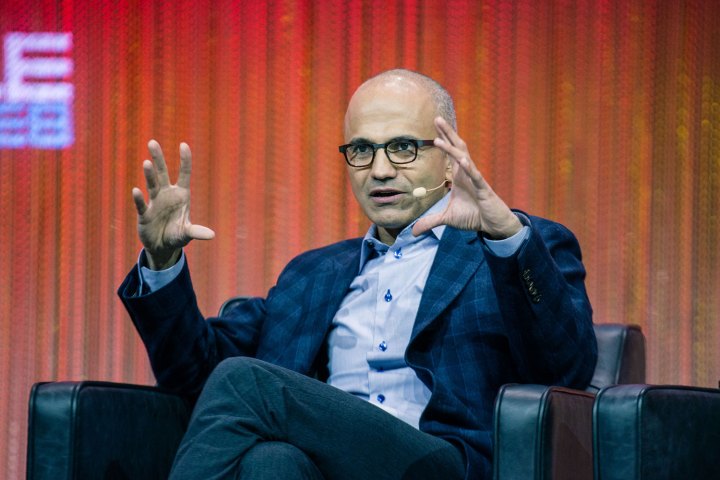
Satya Nadella, CEO of the computer giant, said Microsoft Philanthropies’ three-year plan reflects the company’s commitment to global giving, with the donation reaching up to 70,000 organizations around the world.
Cloud services, such as those being offered by Microsoft, give users access to powerful applications, remote storage, and hopefully effective security, and can save businesses a lot of money that would otherwise be spent on setting up and maintaining in-house computer servers.
The Redmond-based company said donated services will include its business-centric Azure platform and Office 365 tools, among others, with the first groups to start benefitting from the initiative this spring.
Microsoft president and chief legal officer Brad Smith said Microsoft decided to go ahead with its billion-dollar plan as it believes cloud computing is a vital resource for tackling global problems, and wants to “empower people and organizations the cloud is not yet serving.”
“Cloud services can unlock the secrets held by data in ways that create new insights and lead to breakthroughs, not just for science and technology, but for addressing the full range of economic and social challenges and the delivery of better human services,” Smith wrote. “They can also improve communications and problem-solving and can help organizations work in a more productive and efficient manner.”
Nadella said giving the right people access to cloud services “will help them solve our greatest societal challenges and ultimately improve the human condition and drive new growth equally.”
The CEO will be speaking more expansively on the aims of the donation during a presentation at the World Economic Forum in Davos, Switzerland, on Wednesday.
Some may suggest Microsoft’s initiative is little more than a thinly disguised effort to draw in more business in the long term, a charge that’s already been laid at the door of other tech firms – Facebook among them – who’ve made philanthropic moves, but if the plan produces tangible results and truly fulfills its stated aims, Microsoft should comfortably deflect such judgments.


